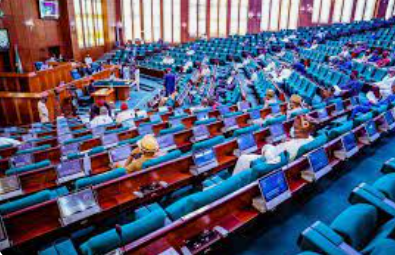
LONDON – The UK government has enacted a major overhaul of its immigration policy, banning foreign recruitment for more than 100 occupations as part of a new strategy to reduce net migration. The changes, which took effect on July 22, 2025, primarily target mid-skilled roles and aim to increase job opportunities for the domestic workforce.
The new regulations raise the minimum skill level for a Skilled Worker visa to a bachelor’s degree-equivalent (RQF Level 6), effectively making many jobs at the previous RQF Levels 3-5 ineligible for sponsorship. The Home Office stated the move is a “complete reset of the immigration system” designed to restore control and order.
Jobs and Sectors Affected
The new rules impact a wide range of industries that have traditionally relied on foreign labor. Occupations no longer eligible for sponsorship include:
* Hospitality and Logistics: This includes managers and proprietors in hospitality and logistics.
* Healthcare Support: Roles such as dispensing opticians, dental nurses, and pharmaceutical technicians are off the list.
* Protective Services: Police community support officers and certain prison service roles are now reserved for domestic recruitment.
* Skilled Trades: Occupations like tailors, dressmakers, butchers, bakers, and chefs have also been removed from the eligible list.
In addition to the occupation ban, the government has also significantly increased the general Skilled Worker salary threshold to £41,700, a major increase from the previous threshold. The social care worker visa route has also been closed to new overseas applicants due to concerns over exploitation.
Impact and Criticisms
The policy shift has drawn mixed reactions. Supporters argue that it will help address labor market imbalances by training and upskilling the UK workforce. However, critics have warned that the changes could worsen existing labor shortages, particularly in the healthcare and social care sectors, which have long faced staffing crises.
While the new regulations apply to new visa applications, workers already in the UK on Skilled Worker visas at the time the rules came into force will generally be able to extend their stay, though any job changes must meet the stricter new criteria. The government’s goal is to create a “fairer, skills-focused system” that prioritizes the UK’s long-term economic and social needs.



